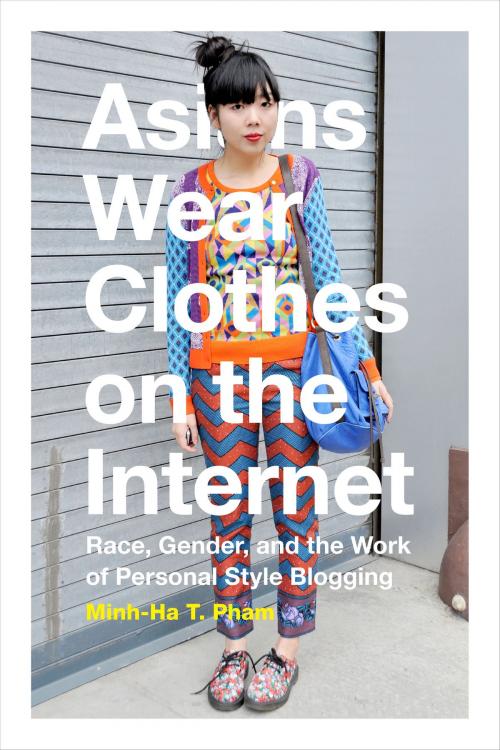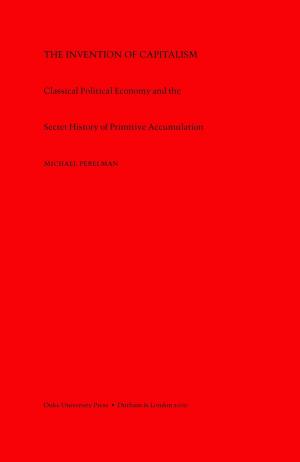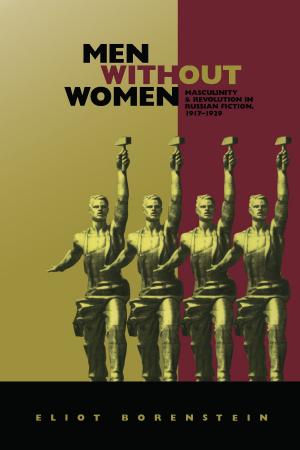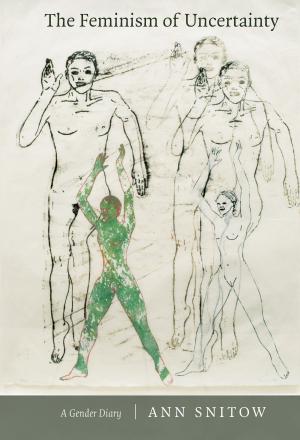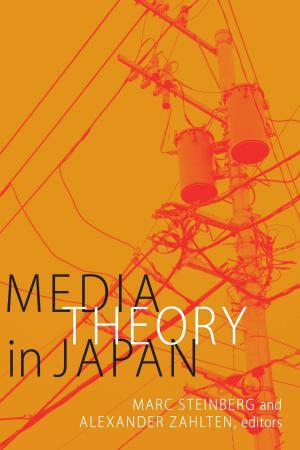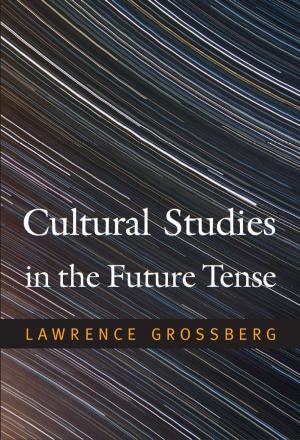Asians Wear Clothes on the Internet
Race, Gender, and the Work of Personal Style Blogging
Nonfiction, Art & Architecture, General Art, Fashion, Social & Cultural Studies, Social Science, Cultural Studies, Ethnic Studies| Author: | Minh-Ha T. Pham | ISBN: | 9780822374886 |
| Publisher: | Duke University Press | Publication: | November 13, 2015 |
| Imprint: | Duke University Press Books | Language: | English |
| Author: | Minh-Ha T. Pham |
| ISBN: | 9780822374886 |
| Publisher: | Duke University Press |
| Publication: | November 13, 2015 |
| Imprint: | Duke University Press Books |
| Language: | English |
In the first ever book devoted to a critical investigation of the personal style blogosphere, Minh-Ha T. Pham examines the phenomenal rise of elite Asian bloggers who have made a career of posting photographs of themselves wearing clothes on the Internet. Pham understands their online activities as “taste work” practices that generate myriad forms of capital for superbloggers and the brands they feature. A multifaceted and detailed analysis, Asians Wear Clothes on the Internet addresses questions concerning the status and meaning of “Asian taste” in the early twenty-first century, the kinds of cultural and economic work Asian tastes do, and the fashion public and industry’s appetite for certain kinds of racialized eliteness. Situating blogging within the historical context of gendered and racialized fashion work while being attentive to the broader cultural, technological, and economic shifts in global consumer capitalism, Asians Wear Clothes on the Internet has profound implications for understanding the changing and enduring dynamics of race, gender, and class in shaping some of the most popular work practices and spaces of the digital fashion media economy.
In the first ever book devoted to a critical investigation of the personal style blogosphere, Minh-Ha T. Pham examines the phenomenal rise of elite Asian bloggers who have made a career of posting photographs of themselves wearing clothes on the Internet. Pham understands their online activities as “taste work” practices that generate myriad forms of capital for superbloggers and the brands they feature. A multifaceted and detailed analysis, Asians Wear Clothes on the Internet addresses questions concerning the status and meaning of “Asian taste” in the early twenty-first century, the kinds of cultural and economic work Asian tastes do, and the fashion public and industry’s appetite for certain kinds of racialized eliteness. Situating blogging within the historical context of gendered and racialized fashion work while being attentive to the broader cultural, technological, and economic shifts in global consumer capitalism, Asians Wear Clothes on the Internet has profound implications for understanding the changing and enduring dynamics of race, gender, and class in shaping some of the most popular work practices and spaces of the digital fashion media economy.
